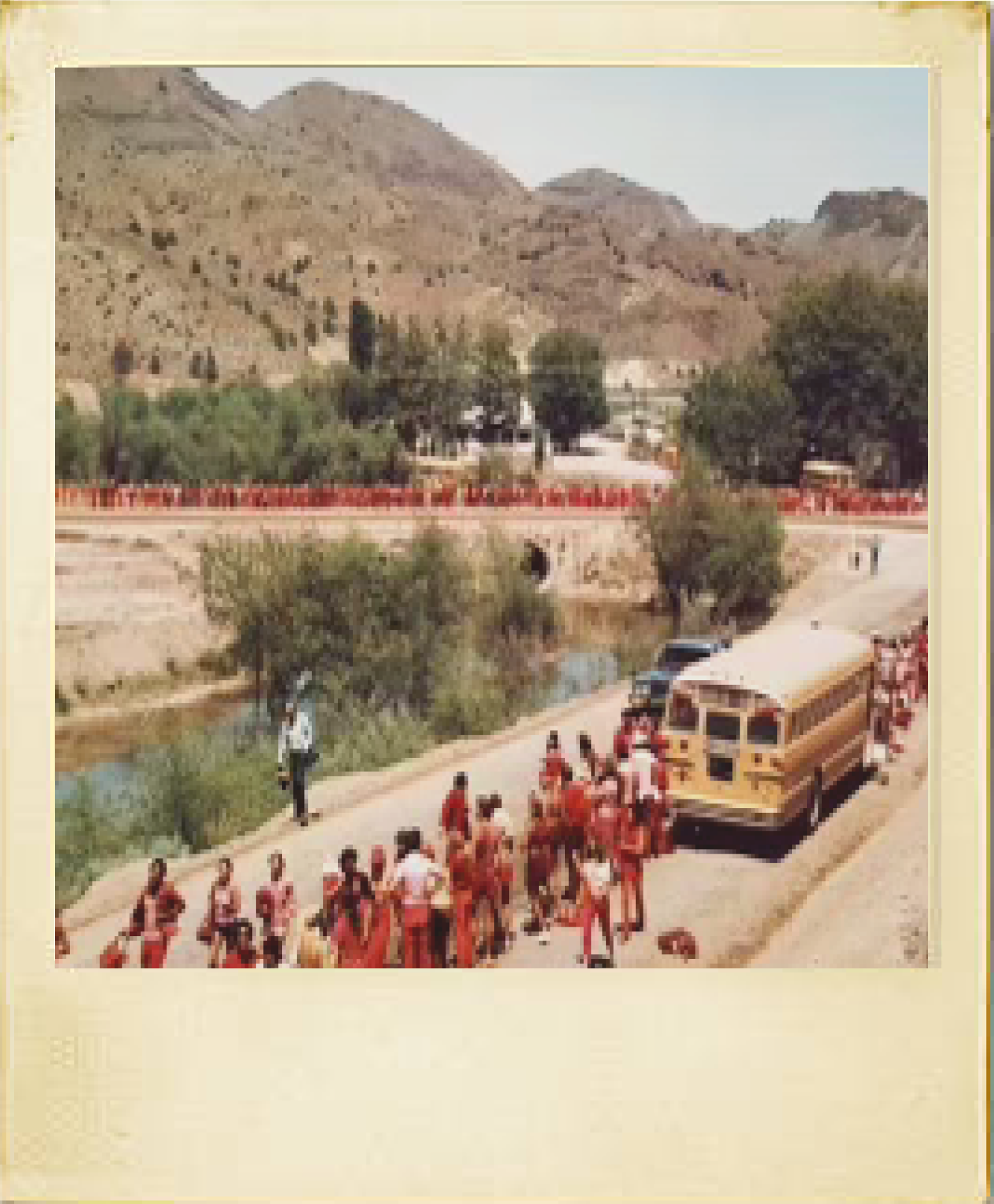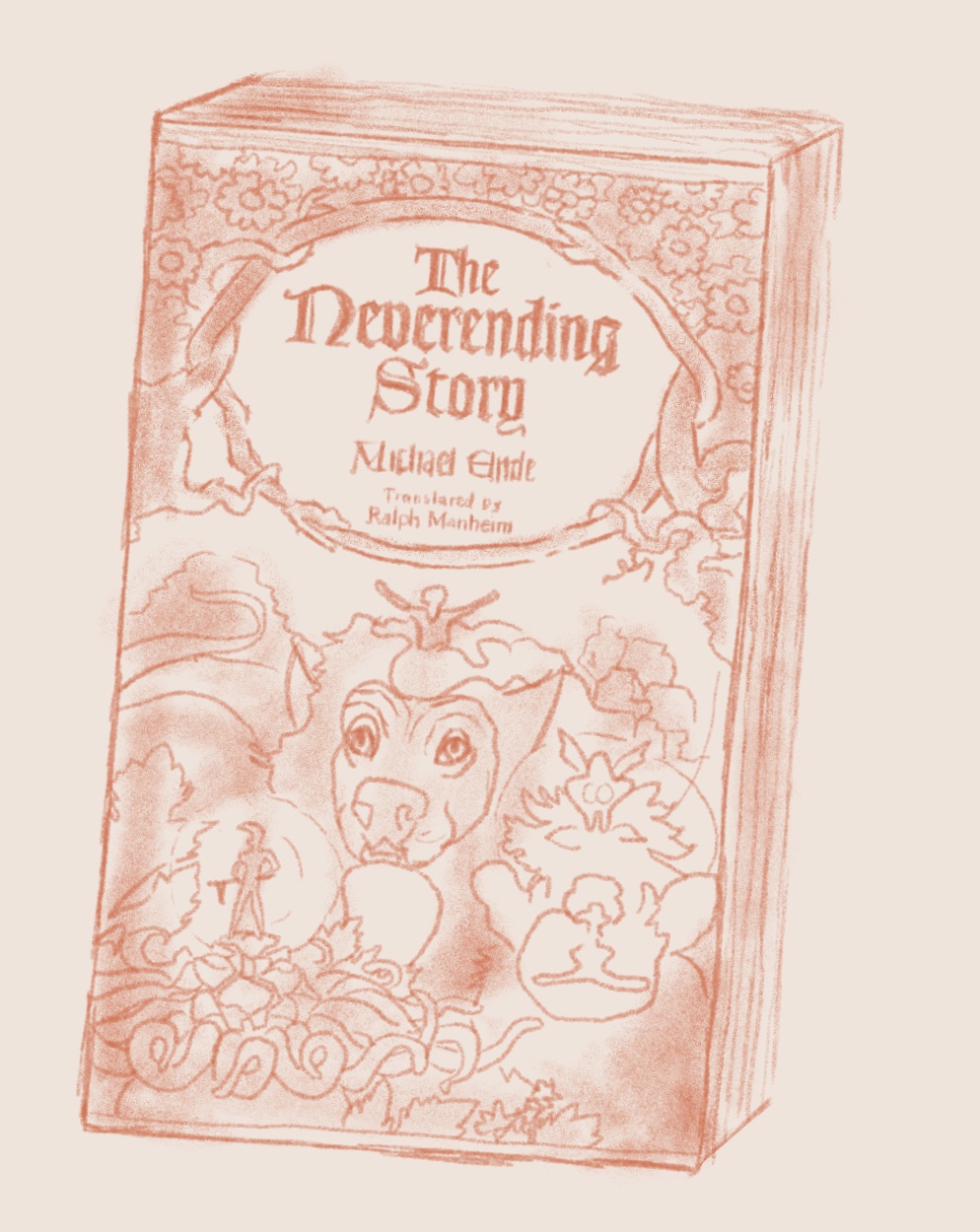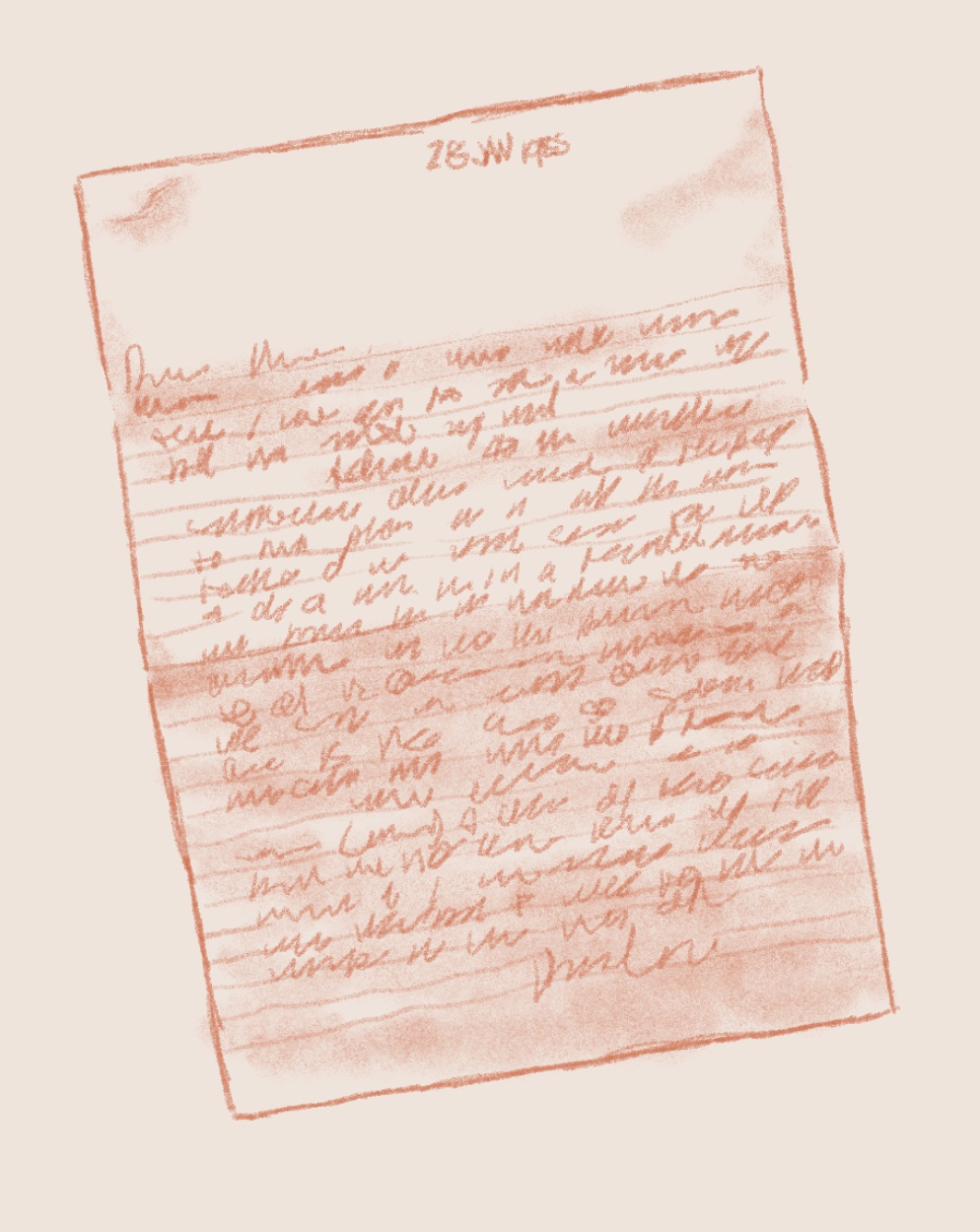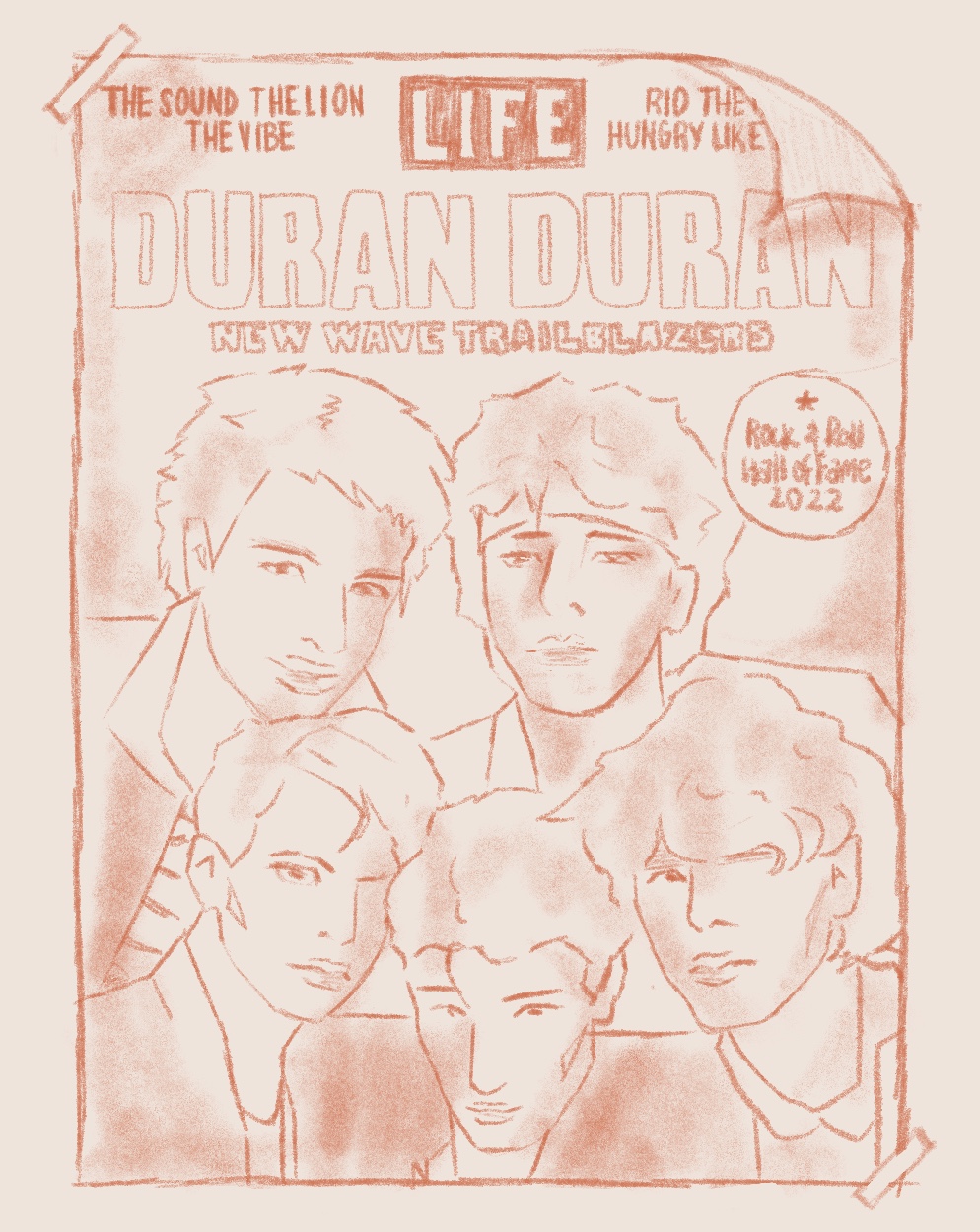
Masses en transport from Wasco County, Oreg. circa 1990 via Sara.
In 1981, Rose’s relationship to Osho led her to a ranch in Wasco, Oregon. It was in Wasco that Osho had plans to build a self-sufficient town for his followers.
Punya Palmer, founder of Osho News and friend of Rose, lived at the ranch and worked as everything from a bus driver, tour guide, and construction worker. The energy of the ranch, she recounts, was palpable and vibrant.
“There was an American pioneering feel to it,” Palmer says. “It was just like action! Action!”
It—perhaps closely aligned to this “American” feeling—was a melting pot, with folks coming from all corners of the world (Palmer herself being from Italy) to listen to and practice the teachings of Osho. Remembering the hostility the ranch drew from locals, Palmer remembers thinking, "Why would they want to destroy such a beautiful thing?"
Rose, of course, was one of the ranch's many residents. However, unlike her many trips to India, she didn’t come to Wasco alone. This time, she was joined by her youngest child Sara.
At 11 years old, Sara migrated half-way across the world for one reason and one reason only: to be with her mother.
With Rose constantly going back and forth between the Philippines and the ashram in Pune, Sara essentially grew up without a mother.
“When I was little, sometimes on the way back home from school, in my head I would just kind of imagine maybe mom’s home today, maybe mom came home,” says Sara. “And then I’d go in the house and then I’d be like ‘Maybe she’s hiding behind the shower curtain!’”
When Rose offered Sara and her siblings the opportunity to come live with her in the States she was the only one who took it.
A ranch often associated with sex and bio-terrorism hardly seems like a place fit for a child. Though, Sara remembers being quite sheltered by her mother, unaware of the ranch’s more adult complexities. More than that, Sara could have cared less. She would have gone anywhere just to have the chance to be with her mother.
Click on the items below to hear from Sara what life was like as a child at the ranch.



 "I remember I was so mad because I had a book. It was called The Neverending Story and I remember putting it in my purse that I had. And then I went to the place where we were having all our meals, which was called Magdalena, and set it aside while I was getting my lunch..."
"I remember I was so mad because I had a book. It was called The Neverending Story and I remember putting it in my purse that I had. And then I went to the place where we were having all our meals, which was called Magdalena, and set it aside while I was getting my lunch..."
 "So your uncle Patrick was the only one that didn't really visit the ranch and all. Uhm, he was always the rebel out of the four of us, I think, and didn't really see eye to eye with my mom, your Nana. But I remember he would write letters to us when he was still in the Philippines and we were already here in the States..."
"So your uncle Patrick was the only one that didn't really visit the ranch and all. Uhm, he was always the rebel out of the four of us, I think, and didn't really see eye to eye with my mom, your Nana. But I remember he would write letters to us when he was still in the Philippines and we were already here in the States..."
 "...There was some catty stuff, of course, we were teenagers. It didn't make a difference where you lived. Teenagers were teenagers, after all. Girls and boys. Anyway, I remember there was a disco, uhm, there. It was a way of getting the kids together that was not sports or activity. Whenever they played Duran Duran, and everybody knew I loved the band at the time, everybody would say 'Come on, let's dance, let's dance!'..."
"...There was some catty stuff, of course, we were teenagers. It didn't make a difference where you lived. Teenagers were teenagers, after all. Girls and boys. Anyway, I remember there was a disco, uhm, there. It was a way of getting the kids together that was not sports or activity. Whenever they played Duran Duran, and everybody knew I loved the band at the time, everybody would say 'Come on, let's dance, let's dance!'..."
Many Americans are already familiar with how the story ends. Embroiled in controversy and overrun by corrupt leadership, the ranch crumbles. Osho passes. The public forgets. Someone makes a documentary, and the public remembers. The public forgets again. Much has been said of the ranch’s descent into chaos, its oddities and horrors. But what became of its 5,000 residents? Of Rose? Of her daughter? Of the rest of her family?